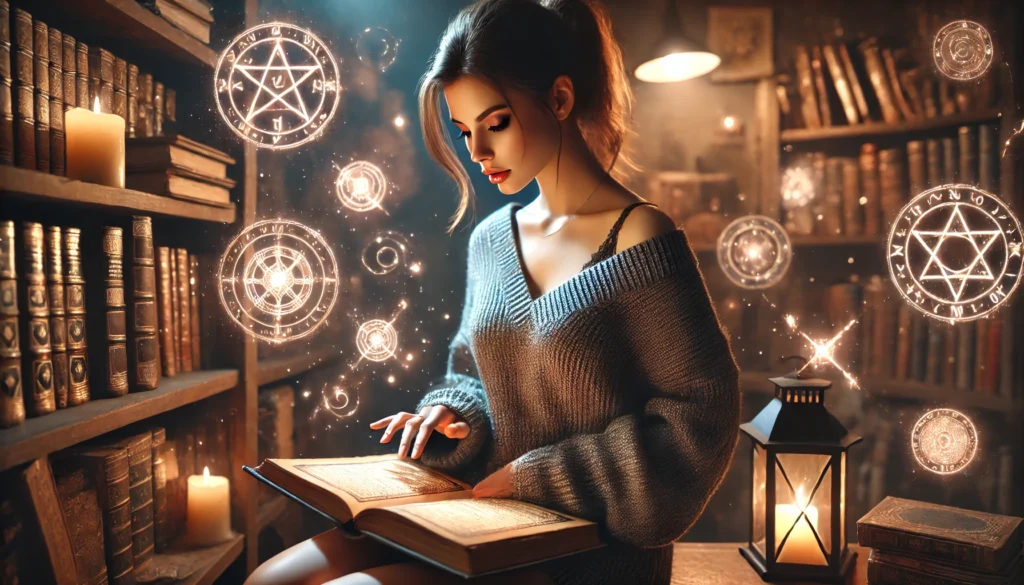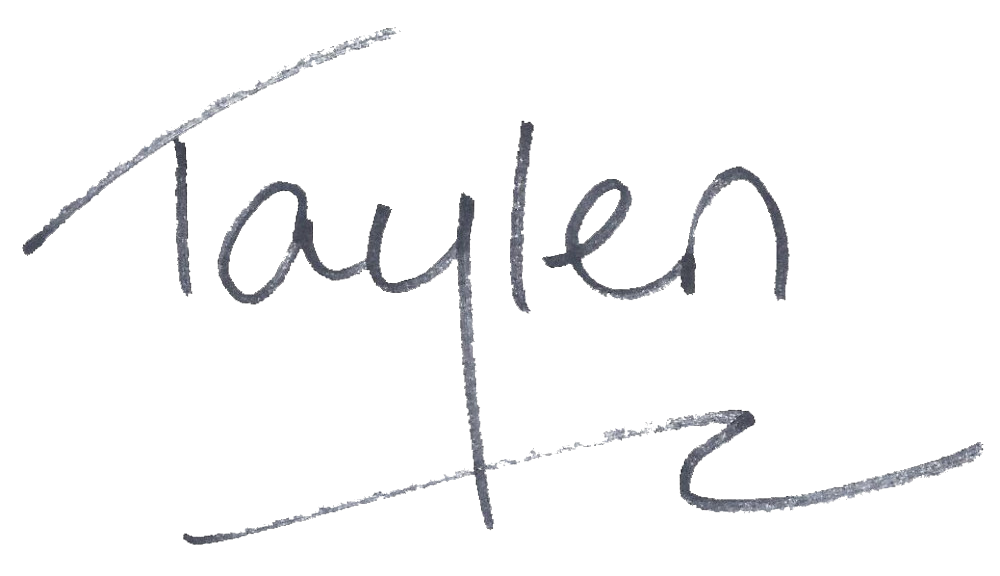
Let’s talk magic. It’s the bread and butter of fantasy, isn’t it? The thing that turns a good story into something downright enchanting. If you’re anything like me, you’ve come across all sorts of magical systems while reading, and it’s impossible not to notice how different authors put their own spin on it. Some like to map out every single rule and consequence (Sanderson, I’m looking at you), while others leave magic as a mysterious force we just have to trust (Tolkien, we’re all still guessing).
This list isn’t every type of magic system out there (because fantasy authors are wildly creative), but these are some of the big ones—the ones you’ve probably run into if you’ve spent any time wandering through fantasy worlds.
Elemental Magic
Ah, the classics. Earth, air, fire, water—these are the staples of fantasy magic, the vanilla ice cream of magical systems. Think “Harry Potter,” where spells like Lumos (light) and Aguamenti (water) give us tiny glimpses of elemental power. Or take Brandon Sanderson’s Mistborn series, where Allomancers manipulate metals (yes, metals count as elemental, don’t argue with me) to do things like push or pull objects.
This system has a certain timeless appeal because, let’s face it, who wouldn’t want to bend the elements to their will? It’s practical and flashy all at once.
Divine Magic
Here’s where things get a little holy—or unholy, depending on the deity handing out the power. Divine magic is all about tapping into higher powers, whether through prayer, rituals, or outright bargains. George R.R. Martin’s A Song of Ice and Fire gives us the Red Priests of R’hllor, who light things on fire and raise the dead because, apparently, that’s what their god is into.
And then there’s Gandalf from The Lord of the Rings, whose divine magic comes courtesy of the Valar. It’s less about flashy spells and more about being subtly awesome all the time. (Seriously, when does Gandalf not know exactly what to do?)
Arcane Magic
This is the “brains required” type of magic. Wizards, sorcerers, and scholars roll up their sleeves and dig into the fabric of the universe, using knowledge to manipulate reality. In Ursula K. Le Guin’s Earthsea, for example, knowing the true name of something gives you power over it. It’s magic with a linguistic twist.
And then there’s Terry Pratchett’s Discworld, where wizards harness magic with a mix of academic arrogance and sheer incompetence. Arcane magic has this delightful range—it can be as scholarly or chaotic as the author decides.
Alchemy
Alchemy is magic for the experimental types—the tinkerers and potion-makers. In Patrick Rothfuss’s The Kingkiller Chronicle, Kvothe learns alchemy at the University, where it’s treated like a complex science (think chemistry, but with more explosions).
Then you have Diana Wynne Jones’s Howl’s Moving Castle, where magic and alchemy blend together seamlessly. Sophie deals with magical transformations, potions, and curses as casually as the rest of us deal with bad traffic. It’s magical DIY at its finest.
Hard vs. Soft Magic Systems
Now let’s get a little meta. Fantasy magic comes in two broad flavors: hard and soft. No, this isn’t about how strong the magic is—it’s about how well-defined it is.
Hard Magic Systems
Hard magic systems are for the rule-followers among us. Everything has limits, mechanics, and consequences. Brandon Sanderson’s Mistborn series is a perfect example. Want to burn a specific metal to get a power? Great! But you better keep track of your supply or you’re out of luck.
It’s satisfying because it makes magic feel like a puzzle—a set of tools characters can use creatively to solve problems. But it also means no deus ex machina moments where magic conveniently saves the day.
Soft Magic Systems
On the other end of the spectrum, we’ve got soft magic systems. These are for the dreamers who want magic to feel, well, magical. Think Tolkien’s Middle-earth. Gandalf is incredibly powerful, but do we understand exactly how his magic works? Not really. And that’s the point.
Soft magic systems thrive on mystery and wonder. They’re less about “rules” and more about creating a sense of awe—and sometimes fear. You don’t need to know why it works, just that it does.
I wrote a previous post about “The Duality of Magic Systems in Fantasy: Hard vs. Soft Magic“
____
So there you have it—a whirlwind tour of magic systems. Of course, this is just the tip of the enchanted iceberg. Fantasy authors are wildly inventive, and some of the best magic systems out there break all the rules (because, let’s be honest, rules are made to be broken).
Magic is one of the reasons we keep coming back to fantasy worlds—it sparks the imagination and makes the impossible feel just within reach. And whether it’s a meticulous hard system or an ethereal soft one, magic is what keeps us all enchanted.
Now go forth and explore more magical systems! Who knows, maybe you’ll stumble across a brand-new type of magic that leaves you spellbound.

.
.
Newly Released: Firebird Omnibus — Sylvalight — Roots of the Storm
Loved this breakdown, thank you!
Thanks, Sarah!
Taylen